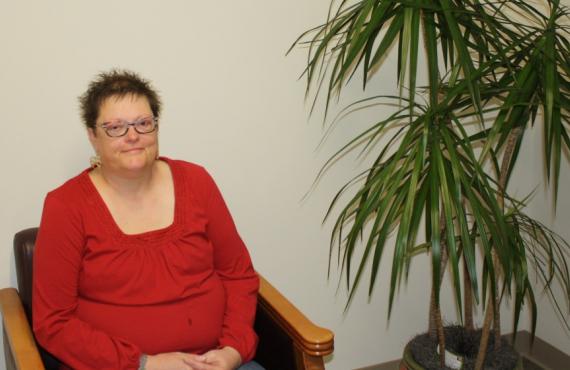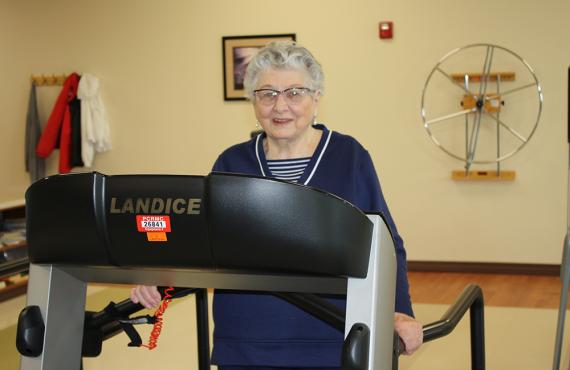Published on February 17, 2020
You may have heard the saying: “An ounce of prevention is worth a pound of cure.” This advice is important to remember when it comes to heart disease.
Recently, I received a call from the Phelps Health Emergency Department for a patient who was experiencing chest pains. As I began talking with the patient, I discovered they had never seen a family physician, or a cardiologist, in their entire adult life.
After speaking with them, it was clear that their symptoms and blood work showed signs of a heart attack. X-rays of their heart revealed blockages in all three major arteries, resulting in the patient undergoing coronary bypass surgery. The surgery, which redirects blood around a section of a blocked or partially blocked artery in the heart to improve blood flow to the heart muscle, ultimately saved their life.
The case of the patient described above is an all too familiar story for physicians in the field of cardiology, who see patients at risk for major heart complications every day.
Heart disease remains the number one killer in the United States. Rooted in childhood, heart disease is influenced by unhealthy habits such as smoking, obesity, lack of proper exercise and nutrition, high blood pressure and diabetes. If the possible risk factors for heart disease are caught earlier in life, major heart complications may be prevented in the future.
One of the main aims of cardiology practices is to encourage people to have checkups at an earlier age and have their heart-related risk factors assessed and managed. All adults over the age of 25 should have a health assessment to determine their heart health.
Had the patient described above established primary and heart-related care at an earlier stage in their life, they may have been able to avoid major heart surgery.
Cardiologists with the Phelps Health Heart and Vascular Center are dedicated to offering patients a full continuum of heart and vascular care, including diagnostics, treatment, rehabilitation and support.
Learn About Heart Health
If you have questions about your heart health, talk to your doctor. Learn more about our team of Phelps Health cardiologists.

